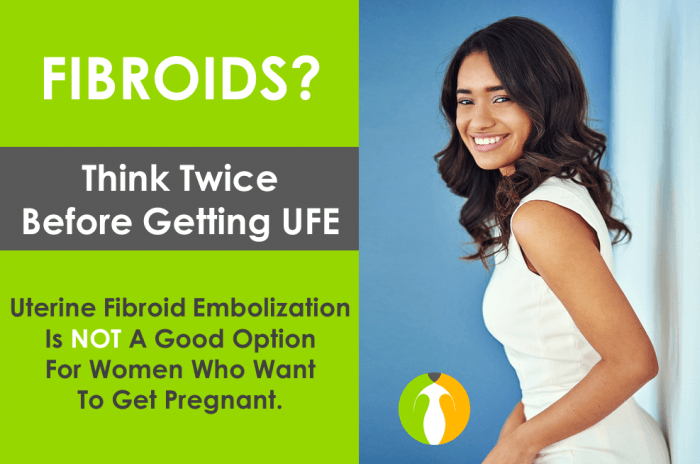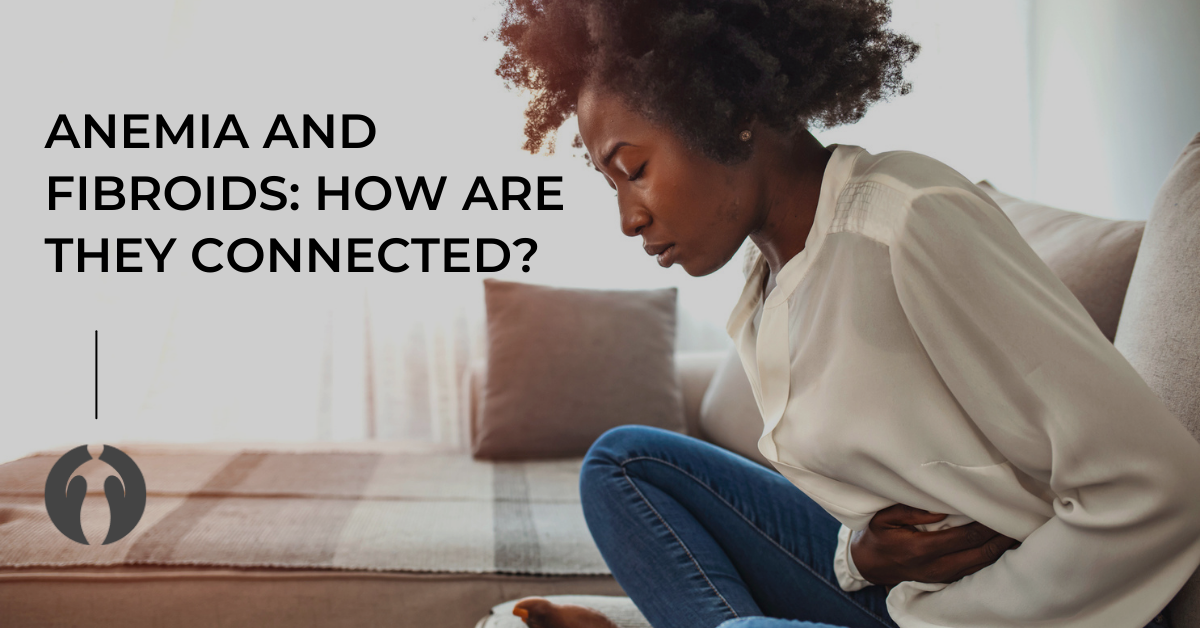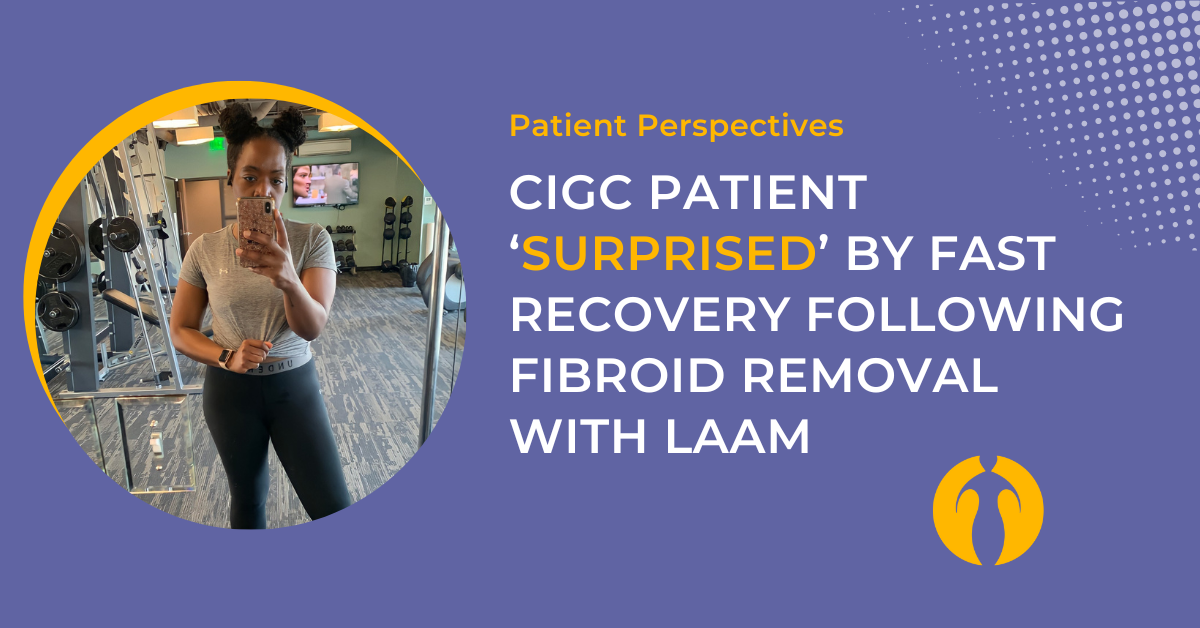- July 12, 2016
Women With Fibroids Should Think Twice Before Getting UFE
WTOP
Uterine Fibroid Embolization is Not Recommended for Women Who Want to Get Pregnant
 July is Fibroids Awareness Month in several states across the United States, an effort led by The White Dress Project. This week, Washington D.C. joins the ranks acknowledging the need for women to have more research and awareness of this pervasive condition that can affect lifestyle and fertility. As women look for the best treatment options available, knowing which ones will help maintain fertility is important, especially for women who have faced difficulties getting pregnant due to the fibroids themselves.
July is Fibroids Awareness Month in several states across the United States, an effort led by The White Dress Project. This week, Washington D.C. joins the ranks acknowledging the need for women to have more research and awareness of this pervasive condition that can affect lifestyle and fertility. As women look for the best treatment options available, knowing which ones will help maintain fertility is important, especially for women who have faced difficulties getting pregnant due to the fibroids themselves.
The uterine lining needs to be preserved in order for an embryo to attach. If the blood flow to the uterus is compromised due to embolization, or the lining itself is compromised, women have a higher risk of not conceiving or miscarrying. Learn more about the best possible fibroid treatment for your body and your future plans.
Excerpt:
Women With Fibroids Should Think Twice Before Getting UFE
Damage to the uterus is a major concern for women with fibroids who still wish to retain fertility. Many women are seeking out, or are being referred for, uterine fibroid (or artery) embolization (UFE or UAE), but they are not getting all of the facts about both the limitations of the procedure or the long-term effects on fertility.
UFE is a procedure performed by radiologists who insert a small catheter into the large vessel in the groin, and then they find the vessels that feed the fibroid. Those vessels are then blocked with little plastic particles.
“A year after I had uterine artery embolization, my fibroids tripled in size,” said Gessie Thompson, Fibroids & Fertility Coach and author of Hope Beyond Fibroids. “Nothing was stopping these things.”
“In younger patients, the long-term control of embolization is limited,” said Dr. Paul MacKoul, MD. “Several things can happen: Additional fibroids can grow, the fibroid that was embolized could re-establish a blood supply, and there are controversies with embolization and fertility. We highly recommend that if patients are told they can get UAE, and they still want to have a baby, they should reconsider that approach. Embolization can affect implantation of the embryo into the lining of the uterus where the baby grows. You have to preserve the blood supply and you have to preserve the lining.”
- Read the full article:
- Posted in: GYN Surgery, In The Press, Fibroids, Advocacy







